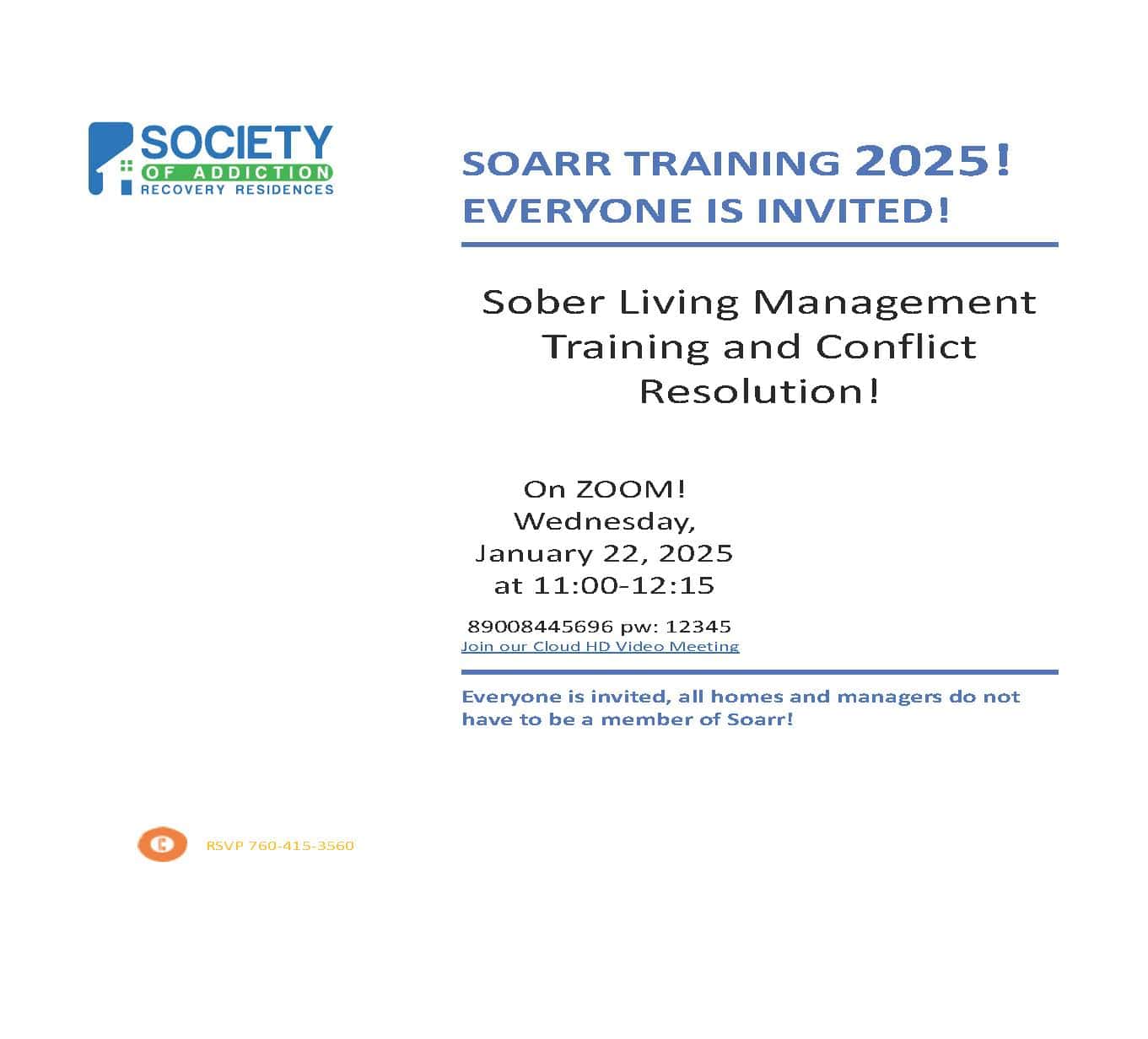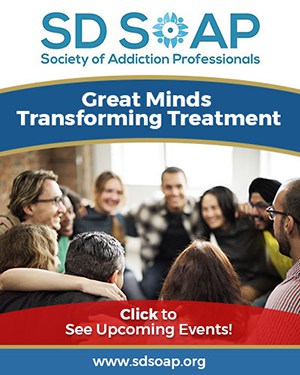People with substance use disorder often live with co-occurring disorders such as anxiety, depression, or PTSD. Many people also have a background of trauma or other abuse in their lives. Trauma and substance use disorder are two conditions that are closely related to each other. Research shows that people diagnosed with PTSD are 2 to 4 times more likely to have a co-occurring substance use disorder.
While not everyone who experiences trauma experiences PTSD, people who have lived through distressing events are more likely to misuse substances. This includes people who lived through accidents, domestic violence, and crime.
Understanding Trauma and Substance Use Disorder (SUD)
Trauma is a psychological or emotional response to a disturbing or distressing event. These events can come from almost any intense experience, from being abused as a child to living through cancer or another medical event. Many people also have experienced trauma throughout their lives and have many incidents which caused them lasting damage. Complex PTSD is a diagnosis for people with PTSD who can’t trace it to just one event. Often, they have been victimized multiple times in life. Some families pass their family pain down and even re-create it due to the compounding nature of intergenerational trauma.
Substance use disorder (SUD) is a chronic medical condition characterized by the problematic use of drugs or alcohol despite its negative consequences on a person’s physical, emotional, and social well-being. People with SUD usually have difficulty controlling their substance use and may experience intense cravings for their drug of choice. As addiction takes over, they prioritize obtaining and using substances over other aspects of their life. SUD can also lead to physical dependence and withdrawal symptoms when the substance use is stopped. It is a complex condition that affects individuals differently, but it always causes harm in the user’s life, typically in the form of lost relationships, financial issues, career problems, and legal problems.
How are Trauma and SUD Connected?
As mentioned, people who have experienced trauma are more likely to use substances recreationally and develop substance use disorder. Why is this? Here are several reasons that trauma and SUD are so closely linked and must be treated together:
- Self-Medication: Many people who experience trauma turn to alcohol to self-medicate and cope with the distressing emotions associated with their experience. Substance use can temporarily relieve anxiety, depression, and other symptoms, but it can also lead to addiction and further trauma. (People who use drugs and alcohol are more likely to be the victim of domestic violence and other crimes, especially if they have co-occurring disorders such as anxiety.)
- Triggers: People with SUD live with triggers that cause them to use or remind them of using their drug of choice. People with trauma also live with triggers that can feel intense. People with PTSD can experience flashbacks, unwanted emotions, and intrusive thoughts. In the past, they may have self-medicated. When sober, they learn new coping skills so that triggers don’t cause relapse.
- Compounding Effects: Trauma and addiction can have compounding effects on an individual’s mental and physical health. Drug and alcohol use can exacerbate mental health disorders and cause changes in the brain that cause a person to act and feel differently. PTSD can exacerbate the negative effects of alcohol and drugs on the brain and body, causing impulsive and dangerous decision-making and other issues that can result in more harm.
- Treatment Challenges: Treating SUD in individuals with a history of trauma can be challenging. Trauma-focused therapies, such as cognitive-behavioral therapy (CBT) and eye movement desensitization and reprocessing (EMDR), may be necessary to address the underlying trauma and prevent relapse. When helping people with PTSD or other mental health disorders get sober, getting them the help they need (such as medications, additional therapy, etc.) is important to help them live successfully with their disorder.
Trauma and addiction are closely linked, and together increasr the risk of addiction, which can exacerbate the negative effects of trauma. Treatment centers and others working with people new in recovery must incorporate trauma-focused therapies into treatment plans for people with trauma.
What is SOARR?
Substance use treatment and recovery professionals gather to share information, learn about new addiction research, and help set the standard for sober living in California and beyond. We are an alliance of sober living professionals passionate about transparency, accountability, and safety within the treatment community. We aim to provide all our clients with the highest levels of compassion, care, and service. Call us to learn more about joining and helping us with this mission.





